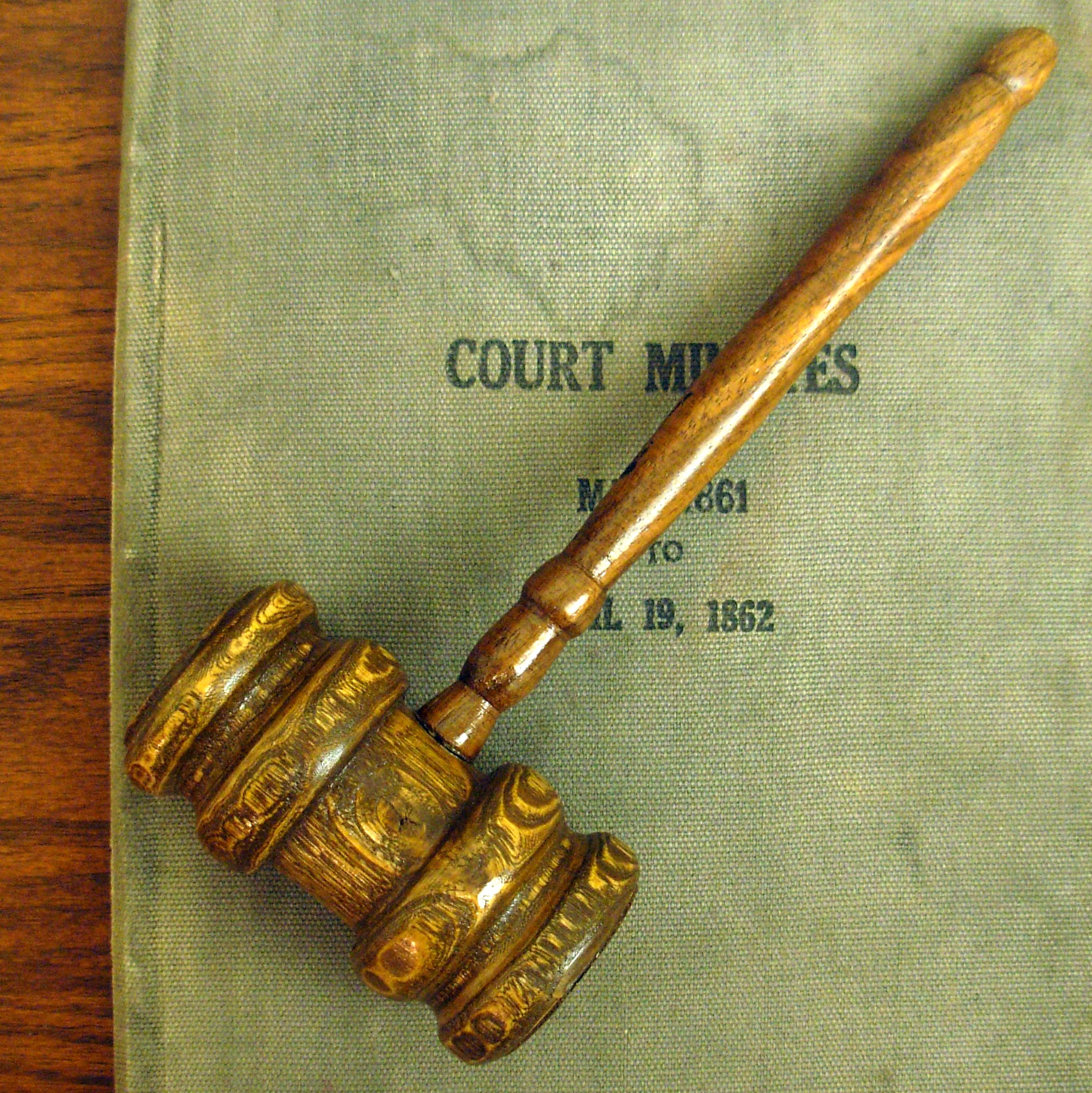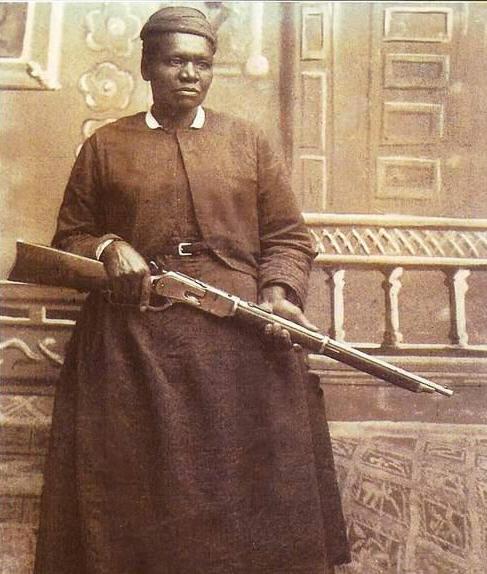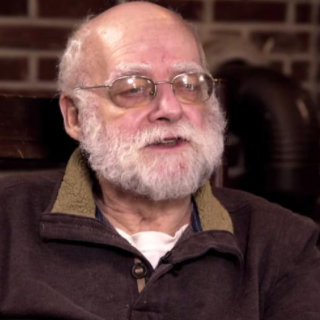Looks like we’ve had a few more favorable court rulings in the past few days. The first comes from the Middle District of Pennsylvania, in the case of Suarez v. Holder, holding that a past non-violent felony conviction was not sufficient to strip him of his right to keep and bear arms. This is an “as applied” challenge, meaning it did not challenge the felon-in-possession statute (18 USC 922(g)) on its face, but challenged it as applied to the plaintiff in this case. He was convicted in 1990 of carrying a firearm without a license in Maryland, a misdemeanor in Maryland, but one that can carry a penalty of up to three years in prison (and thus prohibiting under federal law). The more cases like this we get, the more cause we have to seek further redress through Congress, since these suits cost the federal courts time and money (both of which are in short supply). You can read more about the case here. Hat tip to Joe Huffman for the tipoff.
The other case is from the Florida Court of Appeal, Norman v. State. This court upheld the Florida restriction on open carry, but it’s a win because they adopted the reasoning that we’ve been pushing the courts toward. The court recognized there was a right to carry a firearm outside the home, but that the state may regulate the manner in which firearms are carried.
The Legislature “has a right to prescribe a particular manner of carry, provided that it does not ‘cut[] off the exercise of the right of the citizen altogether to bear arms, or, under the color of prescribing the mode, render[] the right itself useless.’†The Legislature is permitted to regulate the manner in which arms are borne for the purpose of maintaining public peace and safety, so long as any such regulation leaves available a viable carry mode.
The reason our legal advocates have been pushing for this interpretation is because it squares with a long, unfortunate tradition in some parts of the country of making concealed carry unlawful, while allowing open carry, and courts upholding them under the Second Amendment and state Second Amendment analogues. This ruling does beg the question of whether, say, New Jersey, for instance, could get around being forced to comply with federal law by legalizing open carry, but still requiring a relatively non-obtainable license for concealed carry. That doesn’t do anything to destroy the right de jure, but given that open carry is not socially acceptable in the Garden State, does it amount to a de facto destruction of the right? That’s probably why anti-evasion doctrine is going to become very important going forward.







